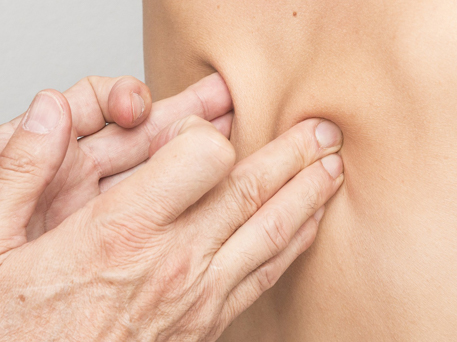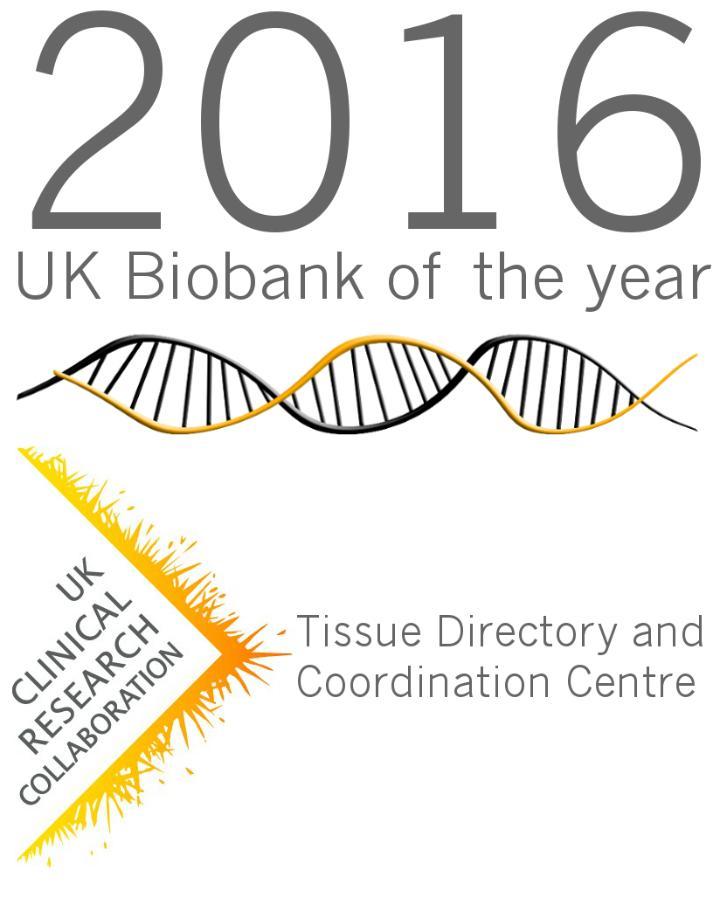The Community Ageing Research 75 (CARE75+) Study
CARE75+ is a national cohort study of community-dwelling older people (≥75 years). One of the aims of CARE75+ is to study longitudinal frailty transitions so we can better understand ageing and what contributes to people remaining fit in later life or becoming frail, and how we might moderate or slow down frailty transitions.
CARE75+ started recruitment in 2014 and has collected data from over 1000 older people. The cohort has well-characterised frailty status derived from the electronic Frailty Index (eFI) to allow the identification and severity grading of frailty and to investigate frailty trajectories (how frailty changes over time and what might influence it).
CARE75+ assessments include detailed information on the demographic, health and social circumstances of participants. An extensive range of measures are collected using validated instruments, including assessments of frailty, cognition, mood, health-related quality of life, comorbidity, medications, resilience, loneliness and self-efficacy. Measures have been chosen to ensure that CARE75+ includes measures for applied epidemiological investigation and randomised trial evaluation of future interventions. Data have been collected at baseline, 6 months, 12 months, 18 months, 24 months and 48 months.
Blood samples are collected from consenting Leeds and Bradford participants at baseline and at 12 month follow-up, to provide a resource to potentially investigate associations of a range of organ specific, immunological, endocrine and genetic markers with frailty. CARE75+ blood samples are stored at Ethical Tissue, University of Bradford. https://www.bradford.ac.uk/ethical-tissue/
For the full list of data outcomes collected, please see the study protocol (https://bmjopen.bmj.com/content/9/3/e026744).
The cohort is currently funded by the Yorkshire & Humber Applied Research Collaboration (ARC), National Institute for Health Research (NIHR). The study lead is Professor Andrew Clegg, University of Leeds & Bradford Teaching Hospitals NHS Foundation Trust (BTHFT).
If you would like more information on the study and how you can access the data or the samples, please contact the CARE75+ project manager, Lesley Brown, lesley.brown@bthft.nhs.uk.or Wayne Burrill at Ethical Tissue (Website contact link)




